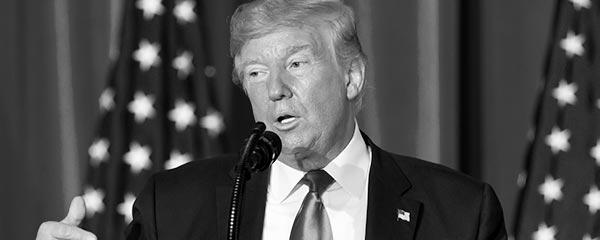PRINCETON, NJ -- President Barack Obama averaged 49.1% job approval during his first term in office, among the lowest for post-World War II presidents. Only Jimmy Carter and Gerald Ford had lower job approval averages. Obama's first-term average is most similar to Bill Clinton's. Lyndon Johnson, John Kennedy, and Dwight Eisenhower were the most popular first-term presidents.

Obama's first-term approval average, like those of most presidents with lower first-term averages, was likely dragged down by a sluggish economy. Clinton and Reagan saw higher second-term approval as the economy improved. Obama's approval rating has also shown improvement, with a 48.1% average in his fourth year in office after a 44.4% average in his third year.

Obama's first term was also notable for the lack of a major surge in support, as occurred for George H.W. Bush during the Persian Gulf War and George W. Bush after 9/11. Obama did experience a modest and sustained increase in support after the death of .
The results are based on aggregated data from ║┌┴¤═° Daily tracking throughout Obama's first term in office. Obama's second term and fifth year in office began Sunday, when he was officially sworn in during a private ceremony, ahead of Monday's public celebrations.
The more recent positive trend in evaluations of Obama is evident in his quarterly averages. For his 16th quarter in office, from Oct. 20 through Jan. 19, he averaged 51.9% approval. That was his first quarterly average above 50% since his fourth quarter in office. Obama has seen at least modest improvement in his job approval average each of the last five quarters, since a term-low 41.0% in his 11th quarter in office. That quarter was marked by contentious negotiations to raise the federal debt ceiling, and an ensuing drop in the stock market while unemployment remained high.

Obama's Year and Quarter in Historical Context
Obama's 48% job approval average for his entire fourth year is the lowest, tied with Harry Truman, among recent presidents who were successfully re-elected. The two recent presidents defeated for a second term -- Jimmy Carter and George H.W. Bush -- averaged roughly 40% job approval in their fourth year in office. Dwight Eisenhower had the highest fourth-year average, exceeding 70%.

Compared with the larger set of all 69 presidential years ║┌┴¤═° has measured since 1949, Obama's 48.1% fourth-year average is below average. It ranks 47th out of 69, or in the 32nd percentile.
Like Obama, most four-year presidents who ran for re-election had majority approval in their 16th quarter in office. Obama's 51.9% 16th-quarter average is almost identical to that of his immediate predecessor, George W. Bush (51.6%).

Obama's higher 16th-quarter average is also below average historically, compared with the larger set of all presidential quarters, ranking in the 45th percentile of all presidential quarters since 1945.
Implications
Obama's first term was a difficult one, with approval ratings on average lower than most of his predecessors' ratings. However, he was able to maintain sufficient public support, particularly during the critical final months of the 2012 election campaign, to win a second term in office.
Still dealing with a fragile economy, Obama faces other daunting challenges in his second term, including the mounting federal budget deficit and the continuing need to find ways to reduce federal spending, something he and the Republicans have failed to make significant progress on over the last two years. He has made legislation to reduce gun violence a high priority and has expressed a desire to pass comprehensive immigration and energy reform. As in the latter part of his first term, the president's ability to succeed in these efforts will depend greatly on his ability to work with a divided Congress. The extent to which he can do that, along with the health of the economy, will be major factors in determining the level of public support Obama will get in his second term in office.
Explore President Obama's approval ratings in depth and compare them with those of past presidents in the ║┌┴¤═° Presidential Job Approval Center.
